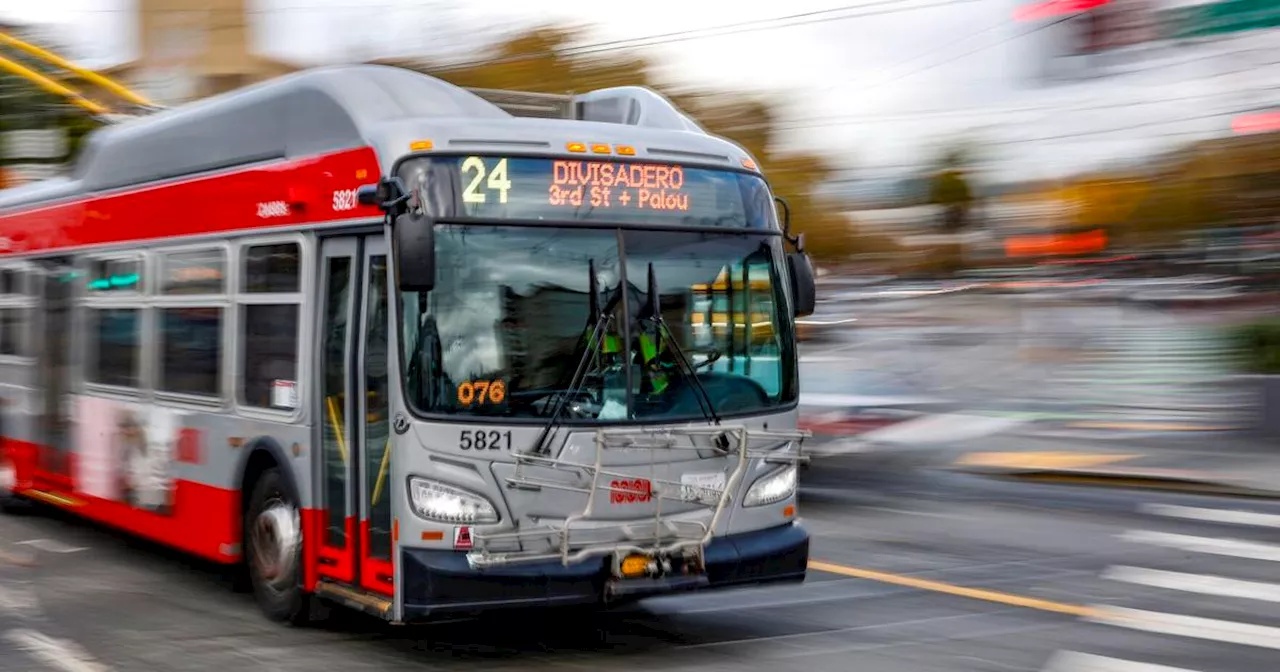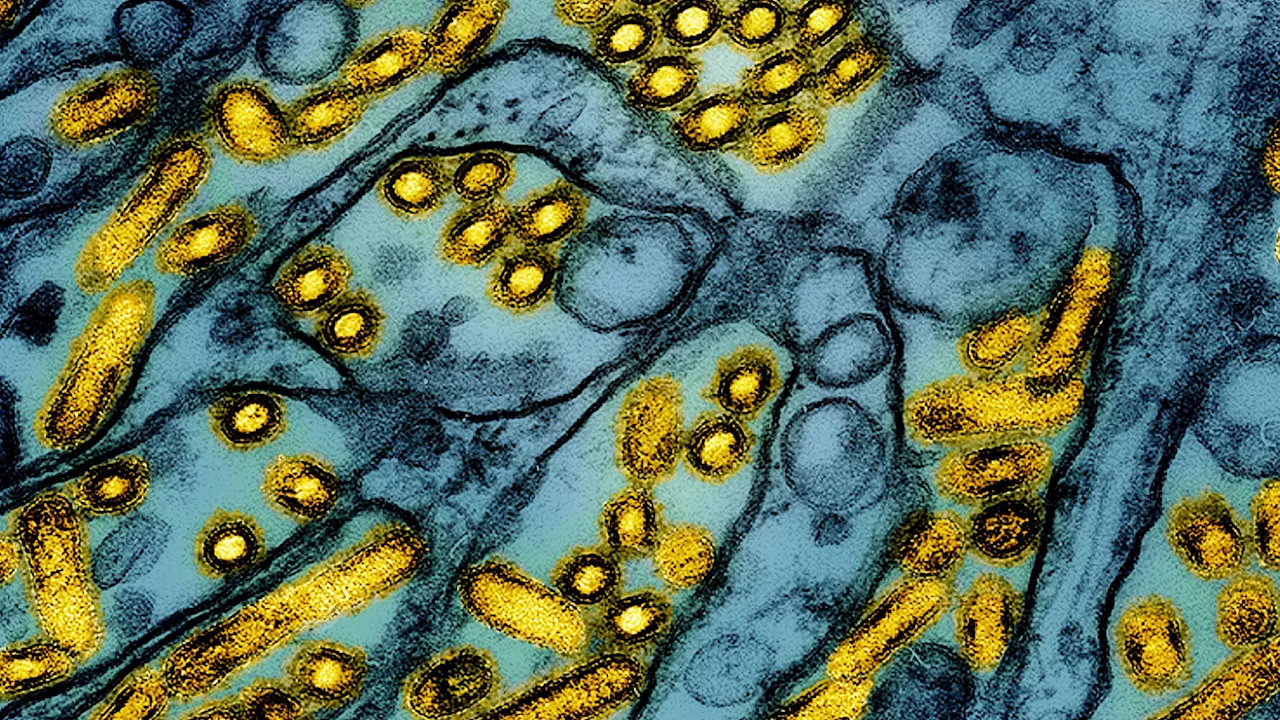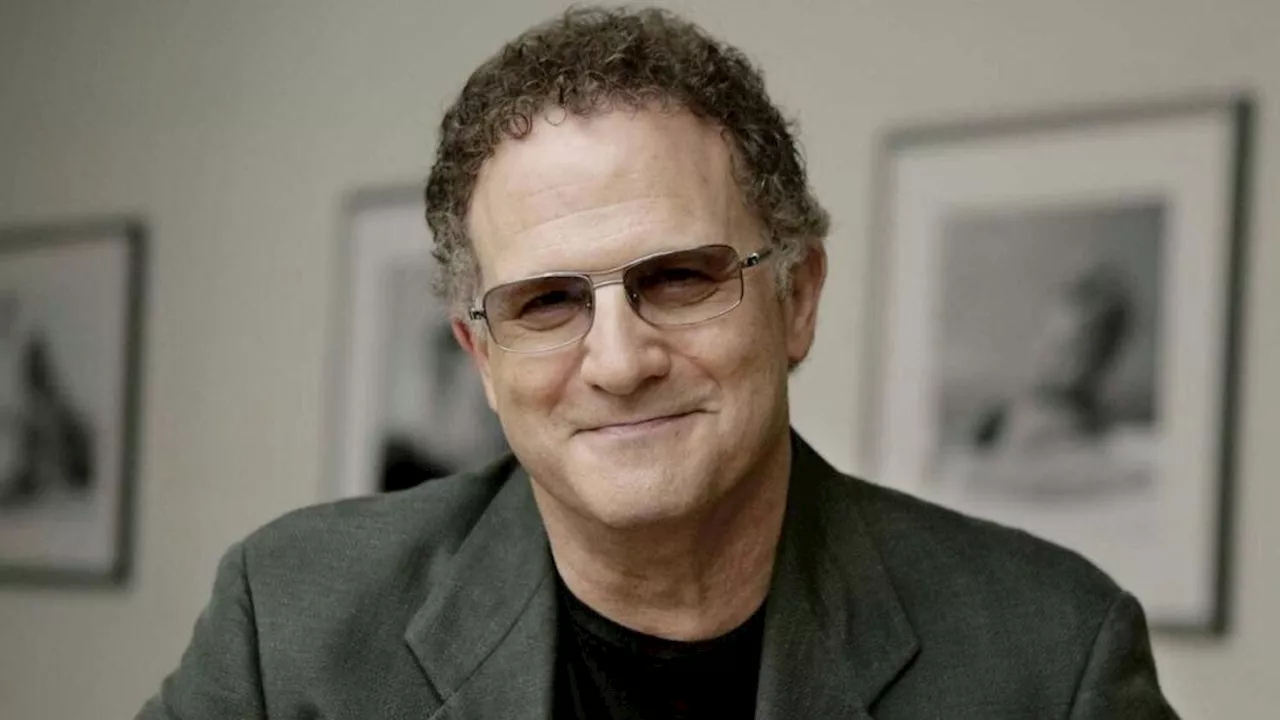The City’s first Overdose Prevention Summit brought together elected officials, public health experts, and community leaders to address the disproportionate impact of the opioid epidemic on Black San Franciscans. Mayor Daniel Lurie acknowledged the alarming rate of overdose deaths among Black residents, five times higher than other groups, and committed to finding solutions.
Elected San Francisco leaders, public-health officials, substance-use experts, and nonprofit heads have pledged renewed commitment to minimize racial disparities in fatal overdoses. The vow stemmed from The City’s first Overdose Prevention Summit on Thursday, a daylong event seeking solutions to addressing the disproportionate impacts of the ongoing opioid epidemic on Black San Franciscans.
“We all know that fentanyl has been wreaking havoc on our communities,” Mayor Daniel Lurie said, kicking off the event at the main branch of the San Francisco Public Library. “African Americans in our city die from overdoses at a rate five times higher than other demographic groups, and we have to do more, much more to change that.” In the last two years, more than 1,400 people died due to overdose complications, according to reports issued by the chief medical examiner. While fatal overdoses declined last year by 22% from 2023, the numbers are still concerning to those in City Hall, especially among Black residents. Although African Americans amounted to around 5% of The City’s population in the last Census, they accounted for nearly 30% of drug-overdose deaths in the last two years. “We know that our African American community is disproportionately impacted,” Lurie said. “What works for one person or one community may not work for another — that is why we are here today to lean in, learn and leverage your expertise and know-how.” Thursday’s summit included workshops led by peer counselors on topics such as opioid-treatment medication and contingency management, as well as a panel featuring four local harm-reduction leaders. Richard Beal, the director of recovery services for the Tenderloin Housing Clinic, moderated the conversation and co-organized the summit alongside the San Francisco Department of Public Health.Beal said the event originated from conversations about the fentanyl crisis’ ongoing effects on The City’s marginalized communities. “I always say that there is no lost cause,” he said. “Change is hard, but it's the resistance to change that makes change hard.” Beal praised Mayor Lurie’s proposed “fentanyl state of emergency” ordinance, which, among other changes to city policy, would allow San Francisco officials to seek contributions from private donors for city-run treatment programs and services. This could be especially vital as The City braces for a $1 billion deficit over the next two years. “Private donors can make a big difference,” Beal said, citing a Tenderloin Housing Clinic project, the Bristol Hotel at 56 Mason St., to which Salesforce CEO Marc Benioff pledged $6.1 million in 2018 to cover the first five years of the lease for the site housing formerly homeless people.Thursday’s summit marked an emotional return for panelist Shavonne Allen, one of the panelists and a participant in the San Francisco Department of Public Health’s Living Proof advertising campaign highlighting the stories of residents recovering from drug addiction. Allen told The Examiner that, while homeless at the height of her addiction, the main library was one of the few places she could go where she felt safe and was treated with compassion. “I would just kind of use this as an opportunity to get rest and just to get some kind of stability,” she said. Allen said she became addicted to opioids after being prescribed Vicodin when she suffered pregnancy complications due to the birth of her son in 2000 and became temporarily paralyzed. To deal with the pain as her nerves reawakened, she said she moved past Vicodin to other drugs. Once a substitute teacher and paraprofessional with the San Francisco Unified School District, Allen said she eventually became homeless, experiencing violence when she lived on the streets. A counselor with RAMS, a mental-health service center at 1282 Market St., eventually connected with her in 2016 and started the process to help her get housing. “That was the beginning of my recovery process,” Allen said. It took a few years, but Allen said when she finally got into housing, everything else fell into place. She found a stable job, and began getting treatment for her addiction. Allen said she has been in recovery since October 2018. During the summit, Allen said her goal was to highlight how the fentanyl crisis fits into The City’s mistreatment of Black residents historically, including displacement caused by urban renewal beginning in the 1950s and the crack epidemic of the ‘80s
Overdose Prevention San Francisco Opioid Epidemic Racial Disparities Black Communities Fentanyl Crisis Harm Reduction Public Health Substance Abuse
United States Latest News, United States Headlines
Similar News:You can also read news stories similar to this one that we have collected from other news sources.
 San Francisco Public Library explores Black horror and its healing powersThe San Francisco Public Library kicks off more than a month's worth of Black History Month programming starting with the Martin Luther King Jr. holiday. Up first, a look at Black horror and its healing powers.
San Francisco Public Library explores Black horror and its healing powersThe San Francisco Public Library kicks off more than a month's worth of Black History Month programming starting with the Martin Luther King Jr. holiday. Up first, a look at Black horror and its healing powers.
Read more »
 Retired San Francisco Police Cmdr. Paul Yep Named City's First Chief of Public SafetyRetired San Francisco police Cmdr. Paul Yep was named the city's first-ever chief of public safety by Mayor-elect Daniel Lurie. Yep will be the single point person unifying various city departments in support of advancing public safety. His main goals are to ensure that people who live, work and play in San Francisco feel safe. Yep served with the San Francisco police for more than 28 years and worked with Lurie during his campaign.
Retired San Francisco Police Cmdr. Paul Yep Named City's First Chief of Public SafetyRetired San Francisco police Cmdr. Paul Yep was named the city's first-ever chief of public safety by Mayor-elect Daniel Lurie. Yep will be the single point person unifying various city departments in support of advancing public safety. His main goals are to ensure that people who live, work and play in San Francisco feel safe. Yep served with the San Francisco police for more than 28 years and worked with Lurie during his campaign.
Read more »
 Lurie Appoints SPUR President as San Francisco's First Chief of Infrastructure, Climate, and MobilitySan Francisco Mayor-elect Daniel Lurie has selected Alicia John-Baptiste, president of the San Francisco Bay Area Planning and Urban Research Association (SPUR), to lead the city's environmental, infrastructure, and transit efforts as the first ever Chief of Infrastructure, Climate, and Mobility. This new role is part of Lurie's plan to restructure mayoral oversight over the city's 56 departments.
Lurie Appoints SPUR President as San Francisco's First Chief of Infrastructure, Climate, and MobilitySan Francisco Mayor-elect Daniel Lurie has selected Alicia John-Baptiste, president of the San Francisco Bay Area Planning and Urban Research Association (SPUR), to lead the city's environmental, infrastructure, and transit efforts as the first ever Chief of Infrastructure, Climate, and Mobility. This new role is part of Lurie's plan to restructure mayoral oversight over the city's 56 departments.
Read more »
 San Francisco Prepares for Potential Bird Flu Cases Amidst First US DeathDespite the risk of bird flu infection among the general public remaining low, San Francisco public-health officials are preparing for various scenarios following the announcement of the country's first human death from the virus. Health officials have been monitoring the spread of H5N1 for months, with teams focusing on incident management, environmental health, and laboratory analysis. While antiviral medications appear effective, the long-term efficacy against evolving strains remains uncertain.
San Francisco Prepares for Potential Bird Flu Cases Amidst First US DeathDespite the risk of bird flu infection among the general public remaining low, San Francisco public-health officials are preparing for various scenarios following the announcement of the country's first human death from the virus. Health officials have been monitoring the spread of H5N1 for months, with teams focusing on incident management, environmental health, and laboratory analysis. While antiviral medications appear effective, the long-term efficacy against evolving strains remains uncertain.
Read more »
 San Francisco Reports First Presumptive Case of H5N1 Bird Flu in ChildThe San Francisco Department of Public Health announced its first presumptive case of H5N1 bird flu in a child. The child has since recovered fully. Officials emphasize that the risk to the general public remains low.
San Francisco Reports First Presumptive Case of H5N1 Bird Flu in ChildThe San Francisco Department of Public Health announced its first presumptive case of H5N1 bird flu in a child. The child has since recovered fully. Officials emphasize that the risk to the general public remains low.
Read more »
 Albert Brooks to Make First San Francisco Appearance in DecadesComedy icon Albert Brooks will make his first public appearance in San Francisco in decades when he participates in a Q&A at the Sydney Goldstein Theater on January 21 as part of SF Sketchfest.
Albert Brooks to Make First San Francisco Appearance in DecadesComedy icon Albert Brooks will make his first public appearance in San Francisco in decades when he participates in a Q&A at the Sydney Goldstein Theater on January 21 as part of SF Sketchfest.
Read more »
